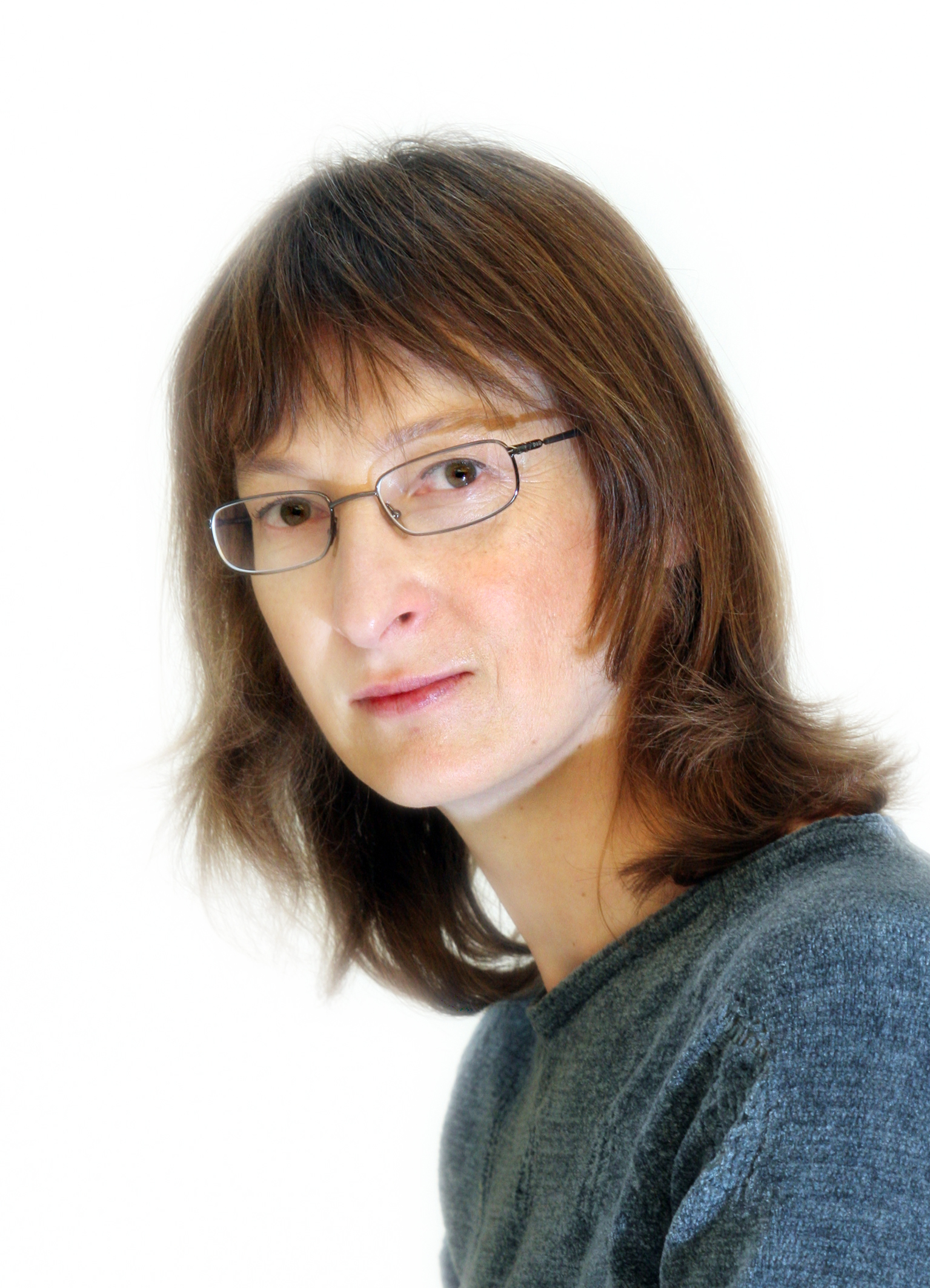Prof. Alenka Zupančič, Ph.D.

Research Advisor at the Institute of Philosophy, Scientific Research Centre of the Slovenian Academy of Sciences and Arts, Ljubljana, Slovenia.
alenka.zupancic@guest.arnes.si
Education
- BA in Philosophy in 1989 (Faculty of Arts, University of Ljubljana, Slovenia)
- MA in Philosophy in 1992 (Faculty of Arts, University of Ljubljana, Slovenia)
- MA in Cinema theory in 1992 (Université Paris III, France)
- Ph.D. in Philosophy in 1996 (Faculty of Arts, University of Ljubljana, Slovenia)
- Ph.D. in Philosophy in 1997 (Université Paris VIII, France)
- Visiting professor at European Graduate School, Saas Fee, Switzerland (from 2009)
- Full Professor at University of Nova Gorica, Slovenia (from 2011)
- Visiting lecturer at Columbia University (USA), Duke University (USA), University of Chicago (USA), University of California (USA), Aarhus University (Denmark), Nordic Summer University (Sweden), University of Middlesex (UK), Jan van Eyck Academy (Netherlands), Sao Paolo University (Brazil), University Paris 1 Sorbonne (France), Universität Zürich (Switzerland), Princeton University (USA), Universitat Autonòma de Barcelona (Spain)
Editorial work
- Coeditor of the “Short-circuit” book series at MIT Press (from 2012)
- Editor in Chief of the journal Problemi (from 2003)
- Editor of the book series “Analecta” at Društvo za teoretsko psihoanalizo (from 2002)
- Member of the editorial boards of Filozofski vestnik, International Journal of Badiou Studies, and International Journal of Žižek Studies
International Collaboration
- Participated in the project Antinomien der Postmodernen Vernunft, Kulturwissenschaftliches Institut, Essen 1999-2001
- Participated in the project Die Passion des Realen. Bausteine zu einer philosophischen Diagnose der Gegenwart, Stiftung Weimarer Klassik, Weimar 2002
- Member of the International Society for Psychoanalysis and Philosophy
Supervisor
- Succesfully completed Ph.D. supervisions: 6
- Ongoing Ph.D. supervisions: 5
- Mentorships of young researchers: 1
Scientific leadership
- Program “Conditions and Problems of Contemporary Philosophy” (Institute of Philosophy, 2009–2014)
- Program “Conditions and Problems of Contemporary Philosophy II” (Institute of Philosophy, 2015–)
The basic outline of the research is defined by the investigation of the destiny and the mutations undergone by the traditional philosophical categories on the ground of contemporary philosophical thought, as well as by the investigation of the new categories introduced by contemporary philosophy. The framework of this research consists of three fundamental questions that constitute and dictate the organizing principle of the research as a whole. These are the question of ontology and its criticism, the question of discontinuity (interruption, break, change), and the question of temporality in its different dimensions.
- Projects: “The Limits of Philosophy” (ZRC SAZU, 1997–1999), “Philosophical Problems of Contingency and Infinity” (ZRC SAZU, 2000–2002), “Philosophical problems of Ethics” (ZRC SAZU, 2004–2007), “Reconfigurations of Ontology” (ZRC SAZU, 2014–)
The project “Reconfigurations of Ontology” is intended to intervene in the rather dramatic shift that contemporary philosophy seems to be making. This shift could be described as a return to ontology, i.e. as the rapid emergence of new ontologies, in which philosophers mostly turn to something outside philosophy that might serve as its ontological/material basis (mathematics, the natural sciences, computer science, etc.). This re-emerging ontological questioning urges philosophy to reopen some of its most fundamental questions, and it is at this point that our project is developing an original contribution.
The starting-point of our research consists in perceiving the multiplicity of different new ontologies as something that tends to divert our attention from a possible problem that persists at the very core of the notion of ontology, defined as the thought of being qua being. Instead of proposing (another) new ontology, the basic objective of the project is thus a reconfiguration of the notion of ontology itself. An essential part of this reconfiguration is an analysis of the problematic relation between thought and being. Instead of conceiving thought as an agency placed opposite being, we propose to understand it as a point of objectified (and necessarily dislocated) contradiction of being, that is, as the very form of existence of being’s fundamental paradox. This also determines the basic wager of our project: one does not arrive at being qua being by trying to separate it from thought, but quite the contrary, by radicalising the understanding of philosophy as the “thought of thought”, in all its registers – both within philosophy and in other fields of thinking, “dislocated” as they are from philosophy.

MODULE GENERAL ELECTIVE COURSES
Contemporary theories on art and culture and the esthetics of new technologies
Prof. Marina Gržinić Mauhler, Ph. D. ,
ECTS: 6
Formation of the Concepts
Assist. Prof. Aleš Bunta, Ph. D. ,
Assist. Prof. Tadej Troha, Ph. D. ,
ECTS: 6
Fundamentals of Psychoanalysis
Asst. Prof. Boštjan Nedoh, PhD,
Assist. Prof. Tadej Troha, Ph. D. ,
ECTS: 6
Psychoanalysis and the social bond
Prof. Alenka Zupančič, Ph.D.,
Assoc. Prof. Peter Klepec, Ph. D.,
ECTS: 6

